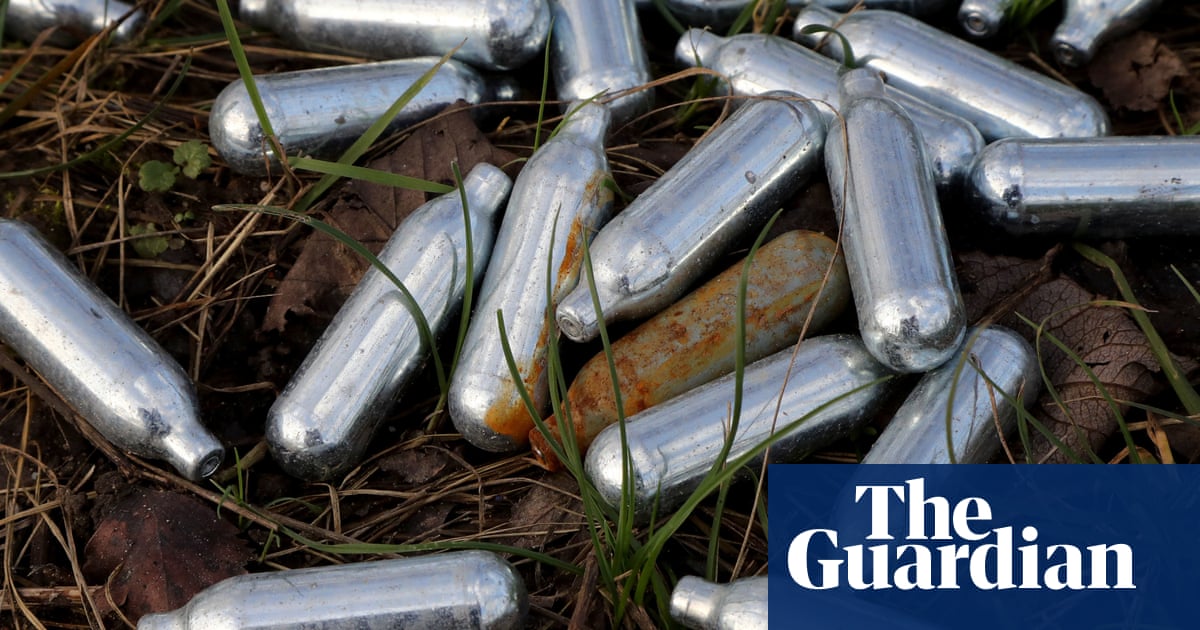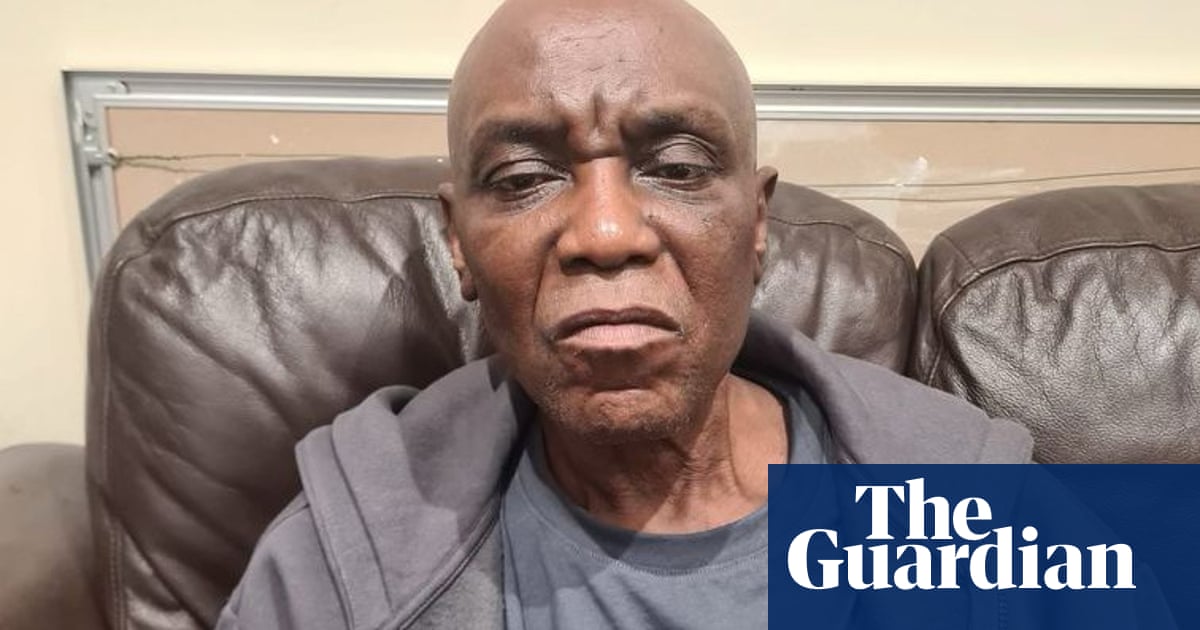
The drug GHB and related substances are to be reclassified from class C to class B following their use in “truly sickening” high-profile rape cases, the home secretary has said.
The reclassification means those found in unlawful possession of the drugs will face tougher penalties and victims will be better protected from their use by criminals, the Home Office said.
Priti Patel announced she would tighten the restrictions around GHB, or gamma-hydroxybutyric acid, and related substances following recommendations by the independent Advisory Council on the Misuse of Drugs (ACMD), which previously found evidence of a “concerning increase” in the harm the drugs cause.
A review of controls on these drugs was commissioned by the home secretary in January 2020 amid growing concern over their criminal use, particularly following the conviction of Britain’s most prolific rapist.
Reynhard Sinaga was jailed for a minimum of 30 years in January last year for drugging and raping or sexually assaulting more than 40 men in his flat in Manchester. He is believed to have used drinks spiked with drugs such as powdered GHB or its liquid equivalent, GBL (gamma-butyrolactone), to incapacitate his victims and render them unconscious.
GHB was also found to have been used by the serial killer Stephen Port, who drugged, raped and murdered four men who died after being given fatal overdoses of the drug.
Known as liquid ecstasy, GBL is used recreationally and as a club drug, and has become popular in the gay chemsex scene. It acts as a sedative, lowering inhibitions and giving users a sense of euphoria, and is typically bought online or from street dealers.
But GHB and GBL are also used as a weapon by rapists. The drugs can make users feel sleepy and experience anterograde amnesia, where someone is unable to make new memories and cannot remember anything about the period of intoxication. About 15 minutes after taking one small dose, a person may fall into a deep sleep or even become unconscious, and may not be able to remember anything for seven hours.
It can also put them at risk of overdose and death. According to figures from the Office for National Statistics, there were 120 deaths in England and Wales between 2014 and 2018 involving GHB. But the total number is likely much higher as GHB is not part of routine toxicology tests after sudden deaths, and can also be difficult and expensive to detect.
An ACMD report released in November last year recommended that GHB and other related substances, known as GHBRS, be moved to class B in line with amphetamines or cannabis, possession of which carries a maximum penalty of five years in prison, an unlimited fine, or both.
Patel said: “GHB and related substances have been used to commit some truly sickening crimes, including murder, sexual assault and robbery … These changes will make the drugs harder to access and introduce tougher penalties for possession.”
The Home Office said it would also “bring forward legislation” around two substances that can be converted to GHB on ingestion: GBL and 1,4-butanediol (1,4-BD). The department said this would mean that “those wishing to possess them for legitimate industrial purposes will require a licence”.
Necessary legislation will be brought forward “when parliamentary time allows”, the Home Office added.












